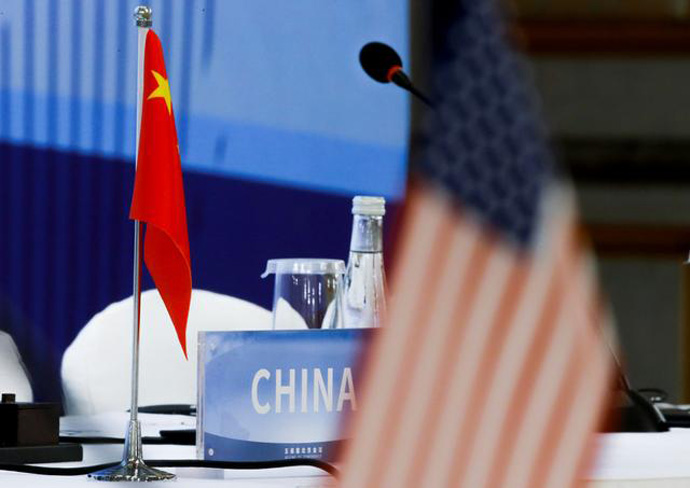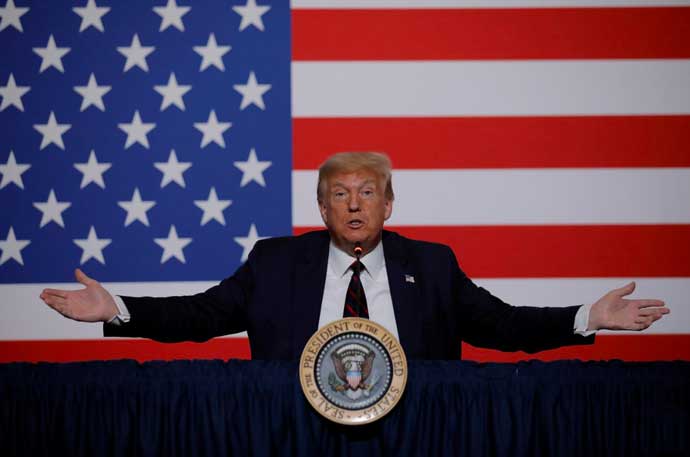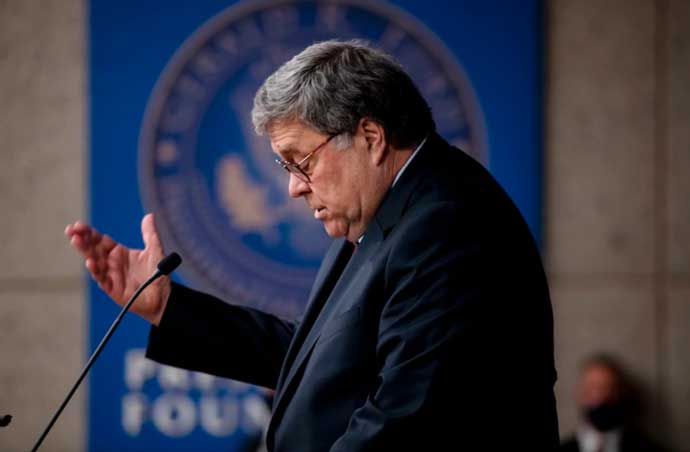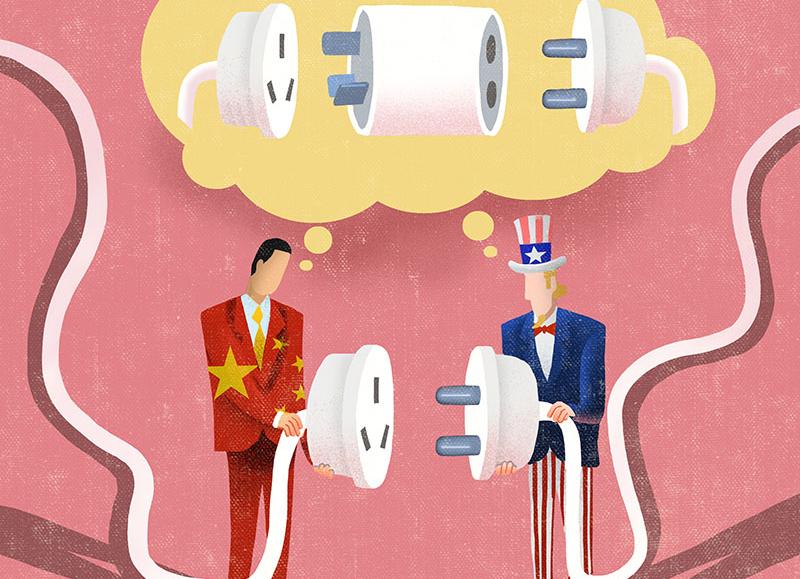
David Shambaugh, Gaston Sigur Professor and Director of China Policy Program at George Washington University, Distinguished Visiting Fellow at Hoover Institution of Stanford University
Jul 31, 2020
The last three months has seen a number of major policy statements by top Trump Administration officials. If there was any question that the Trump administration seeks a new Cold War confrontation with China, these documents and speeches provide the answer.

Zhao Minghao, Professor, Institute of International Studies at Fudan University, and China Forum Expert
Jul 31, 2020
Making diplomacy fail may actually be the goal. But even if the hawks in America dream that confrontation will boost Trump’s re-election chances, they should understand that it could sink China-U.S. relations into a morass of incalculable proportions.

Chen Wenxin, Fellow and Deputy Director, Institute of American Studies, CICIR
Jul 31, 2020
The recent China bashing by senior American officials represents a resurgence of the suppressive politics of the U.S. in the 1950s, led by a now disgraced senator from Wisconsin whose name has become synonymous with intolerance and name-calling.
Tom Watkins, President and CEO of the Economic Council of Palm Beach County, FL
Jul 30, 2020
I feel the grief shared by many over the impending breakup between the US and China. Time will tell if their relationship can manage to be salvaged.

Zhang Yun, Professor, School of International Relations, Nanjing University
Jul 30, 2020
A new test for Chinese diplomacy will be guiding the United States to adapt to a new situation. By affirming the positive role of the U.S. in creating the postwar world order, China and others can show that they are not attempting to exclude it now but merely helping it evolve.
Tian Shichen, Founder & President, Global Governance Institution
Jul 29, 2020
One of the frequent terms used by U.S. Secretary of State Michael Pompeo to criticize China is “disinformation.” “I listen to some of the narr
Jul 27, 2020
The Trump administration continues to call on allies to take a harder line towards China.

Hua Xin, PhD, CASS Graduate School
Jul 27, 2020
China bashing is a regular fixture of presidential campaigns in the United States. But it’s crucial that they be contained. The China-U.S. relationship should not be trifled with. It is the most consequential bilateral connection in the world.
John Gong, Professor at University of International Business and Economics and China Forum Expert
Jul 27, 2020
With his eye on November’s vote, U.S. President Donald Trump is trying to whip Americans into a frenzy of anti-China sentiment by manufacturing conflicts to rally them around the flag. His most dangerous diversionary action so far is in the South China Sea.
Victor Zhikai Gao, Chair Professor at Soochow University, Vice President of CCG
Jul 27, 2020
Demagogues in Washington are doing their utmost to poison China-U.S. relations. They will stop at nothing. But their attempts at kneecapping should not be allowed to succeed.
Back to Top

- China-US Focus builds trust and understanding between the U.S. and China through open dialogue among thought leaders.
- Our Offerings
- Topics
- Videos
- Podcasts
- Columnists
- Research Reports
- Focus Digest
- Stay Connected
-
Thanks for signing up!
- Get the latest stories from China-US Focus weekly.